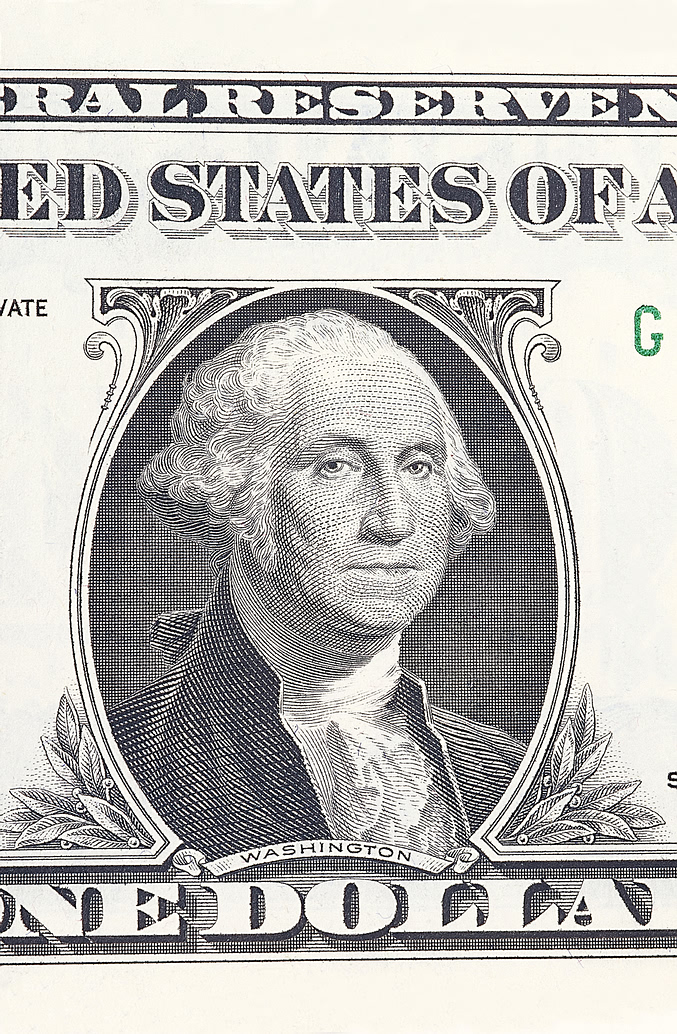The United States tied for fifth place with Switzerland in a new survey on giving habits in 153 countries, with Australia and New Zealand taking the top spots.
The "World Giving Index 2010"-prepared by Charities Aid Foundation, a British charitable financial-services organization-found that 60 percent of Americans had donated money to an organization, 39 percent had volunteered their time to an organization, and 65 percent had helped a stranger in the previous month.
A country's overall ranking is based on the average score of those three categories, based on data collected by Gallup's WorldView World Poll in March 2010. Giving money or time to an organization could include political parties or groups as well as charities, the report said.
Australia and New Zealand tied for first place, with a score of 57 percent, followed by Canada and Ireland, which each earned 56 percent. While the United States did well overall, at 55 percent, it was not tops in any individual category. Malta ranked first in giving money (83 percent), Turkmenistan in volunteering time (61 percent), and Liberia in helping strangers (76 percent).
"No one should take a critical view of the U.S. fifth place rank in this report," Janet Boyd, president of Charities Aid Foundation America, in Alexandria, Va., said in a statement. "But that also does not mean that we should be complacent as a nation when there is so much more that can be done."
The index shows a wide variety of giving patterns. While many Liberians helped strangers, for example, only 8 percent donated money. The report notes that the growth of civil society has been impeded by war, famine, and disease in many countries.
Globally, helping strangers was the main form of giving. Forty-five percent of the world's population did that in the previous month, compared with 30 percent who gave money and 20 percent who volunteered.
The researchers also examined whether giving was tied more to wealth or happiness-and happiness won. They found that the percentage of people who give correlates more with countries whose populations are more satisfied (according to a Gallup survey) than with countries with high gross domestic products.









